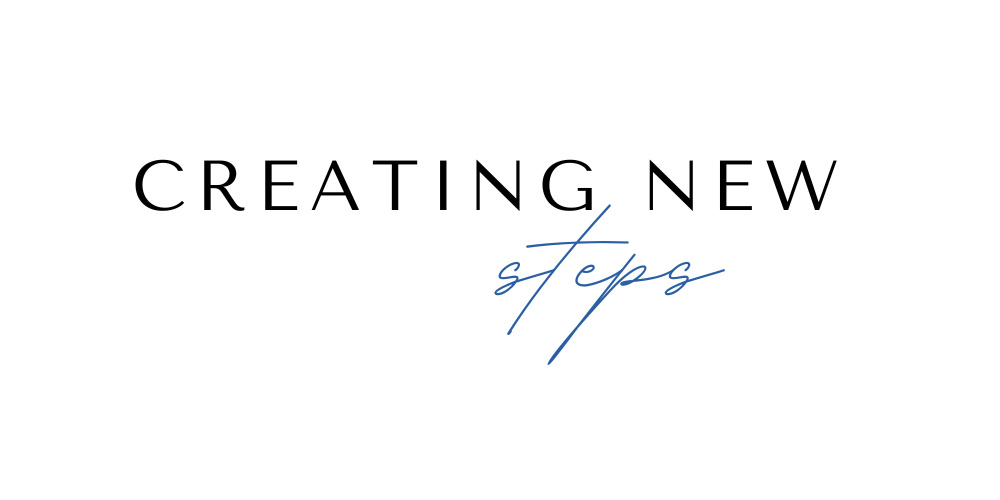Thinking about changing your career in 2025? You're not alone. With rapid advancements in technology, the rise of artificial intelligence (AI), and evolving workplace dynamics, many professionals are rethinking their career paths. To thrive in this shifting job market, you'll need to cultivate a blend of technical expertise and human-centric skills. Here's a guide to the essential skills you should focus on to make your career transition a success.
1. Digital Literacy
Digital skills are no longer optional, they're the foundation of modern work. Whether you're working in marketing, finance, or healthcare, understanding digital tools is critical. Key areas to focus on include:
- Data Analysis: Tools like Excel, SQL, and Tableau
- Cloud Computing: Platforms such as AWS or Google Cloud
- Digital Marketing: SEO, social media management, and analytics
Start by earning certifications (e.g., Google Digital Marketing or AWS Cloud Practitioner) and building a portfolio of hands-on projects that showcase your expertise.
2. Data Skills
Data is the lifeblood of modern industries. Employers are increasingly seeking professionals who can analyze and interpret data to drive decisions. Focus on:
- Data Visualization: Learn Tableau or Power BI
- Statistical Analysis: Familiarize yourself with Python or R
- Big Data Tools: Gain experience with Hadoop or Spark
Practical experience is key—participate in data competitions on platforms like Kaggle or contribute to open-source projects to build your portfolio.
3. AI and Machine Learning
AI is transforming industries across the board. Professionals who can combine AI knowledge with domain expertise are highly sought after. Key areas include:
- AI Basics: Learn Python and TensorFlow
- Industry Applications: Understand how AI impacts sectors like healthcare (e.g., diagnostic imaging) or finance (e.g., fraud detection)
- Ethics in AI: Familiarize yourself with frameworks like the EU AI Act
Hands-on projects that align AI applications with your industry experience can set you apart during a career transition.
4. Lifelong Learning
In a world where skills evolve quickly, the ability to learn effectively is invaluable. Develop strategies to adapt and upskill continuously:
- Use platforms like Coursera for structured learning
- Practice reflective journaling to identify what learning methods work best for you
- Earn micro-credentials that validate your expertise in emerging fields
Professionals with strong learning agility are more likely to succeed in navigating career changes.
5. Emotional Intelligence
Emotional intelligence (EI) is becoming increasingly important as automation takes over routine tasks. EI involves:
- Self-awareness and self-regulation
- Empathy and active listening
- Social skills for collaboration and networking
Courses like Yale's "Emotional Intelligence" on Coursera can help you build these capabilities, which are crucial for adapting to new roles and environments.
6. Communication Skills
Strong communication skills—especially in cross-cultural and digital contexts—are vital for career growth. Focus on:
- Mastering virtual collaboration tools like Slack or Zoom
- Improving cultural intelligence through language learning platforms like Duolingo
- Building confidence in public speaking and digital presentations
Effective communication helps you connect with teams globally and navigate workplace dynamics seamlessly.
7. Management Skills
Leadership abilities are critical for professionals transitioning into roles that require both technical know-how and team management. Key areas include:
- Project planning using Agile methodologies
- Remote team leadership with tools like Asana or Trello
- Data-driven decision-making for resource management
Consider certifications like Google's Project Management Certificate to strengthen these skills.
8. Cybersecurity Awareness
As cyber threats grow, cybersecurity expertise is in high demand across industries such as healthcare, finance, and manufacturing. Focus on:
- Learning foundational concepts through platforms like Cybrary
- Gaining hands-on experience via HackTheBox or TryHackMe
- Applying cybersecurity principles to industry-specific challenges
This skill set not only protects critical assets but also opens doors to high-demand roles.
9. Innovation Skills
Innovation is key to standing out during a career transition. Develop these approaches:
- Design Thinking: Solve problems creatively using frameworks from IDEO U
- Systems Thinking: Apply knowledge across disciplines for unique solutions
- Trend Spotting: Identify emerging opportunities within your target industry
Showcase your innovation skills through real-world projects that deliver measurable results.
10. Entrepreneurial Mindset
Even if you're not starting a business, entrepreneurial skills are essential for navigating career changes. Focus on:
- Recognizing opportunities within your industry
- Managing risks effectively during transitions
- Creating value by combining technical expertise with creative problem-solving
Take courses on entrepreneurship or lead innovation initiatives at work to develop these abilities further.
Final Thoughts
The future of work demands a balance between technical proficiency and human-centered skills. By mastering these ten areas, you'll position yourself as an adaptable, forward-thinking professional ready to tackle new challenges in 2025's competitive job market.
To get started:
- Evaluate your current skill set against your target role's requirements.
- Invest in certifications and hands-on projects that build credibility.
- Continuously refine both technical and interpersonal abilities.
Success lies in staying curious, agile, and committed to lifelong learning—qualities that will set you apart as you embark on this exciting new chapter in your career!
---
If you're ready for the next step but are unsure where to start, book a Career Strategy Session with me to help you figure out your career change journey.
 Meet Jodi, Career Therapist, and Career Change Counsellor. On a mission to help you get clear in your career.
Meet Jodi, Career Therapist, and Career Change Counsellor. On a mission to help you get clear in your career.

